Journalism students must shake their heads in disbelief when they hear the Iranian government shut down its leading business paper ,or laugh in amazement when they hear the government of China blocked – of all things – a Twitter site dedicated to the dismantling of the Berlin Wall.
The level of government suppression and control of news is almost unbelievable – almost. History, however, shows that even freedom loving countries can, and do, try to control and suppress the dissemination of news.
In 1789, the United States and France produced two documents of freedom – the American Bill of Rights and the French Declaration of the Rights of Man and of the Citizen.
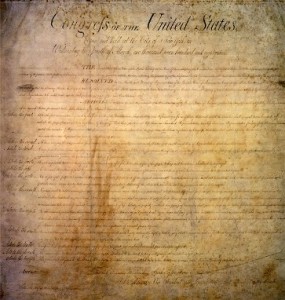
Bill of Rights/americaslibrary.gov
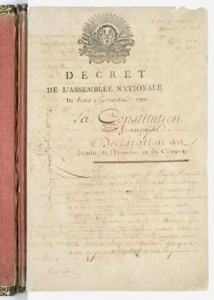
Declaration of Rights of Man/portal.unesco.org
Thomas Jefferson, the author of the Declaration of Independence, was in France serving as the American ambassador. Not only was he a strong supporter of the Bill of Rights; he was also instrumental in framing the Declaration of the Rights of Man and of the Citizen, authored by Marquis de Lafayette.
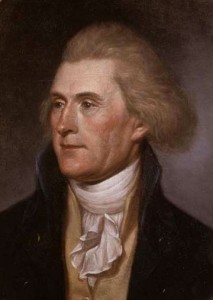
Thomas Jefferson/Wikimedia Commons
Both nations, seemingly dedicated to liberty, would undermine those documents of freedom within 10 years.
In 1798, President John Adams signed the Alien and Sedition Acts into law. The Sedition Act made it a crime to “write, print, utter or publish” attacks against the “government of the United States, or either House of Congress, or the President.”
In 1799, Napoleon Bonaparte rose to power in France, rescinded the freedoms of the press and slashed the number of newspapers from 335 to only four.

Napoleon Bonaparte/Wikimedia Commons
In 1800, however, Thomas Jefferson, then president of the United States, took another stand for freedom and allowed the Alien and Sedition Acts to lapse, restoring freedom of the press to America.
France, however, would not see freedom of the press restored until the French Press Law of 1881.
“The functionaries of every government have propensities to command at will the liberty and property of their constituents. There is no safe deposit for these but with the people themselves, nor can they be safe with them without information. Where the press is free, and every man able to read, all is safe.”-Thomas Jefferson
The opposite is also true. Where the press isn’t free, all isn’t safe.

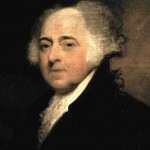
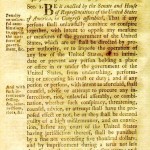
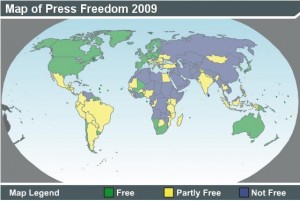
Leave a response